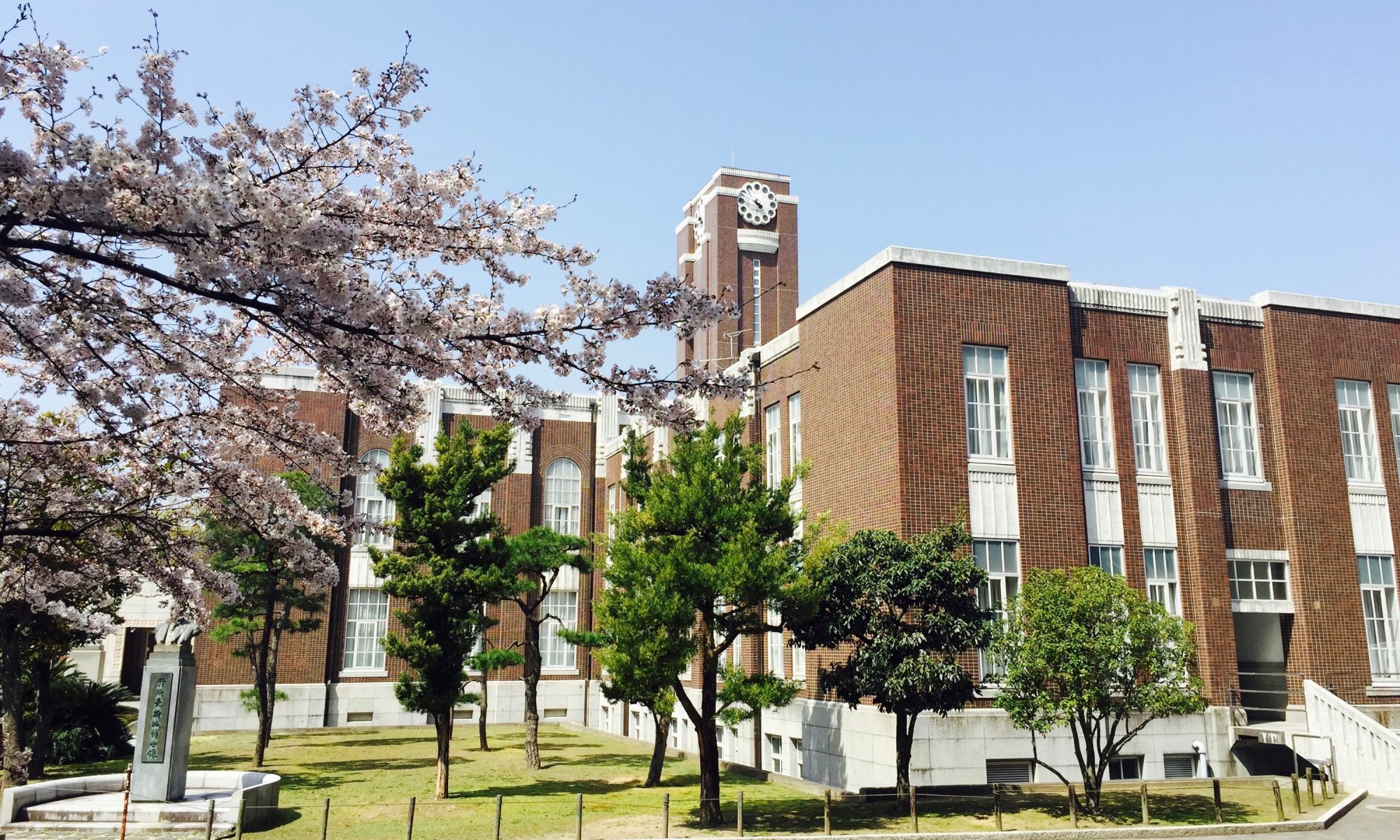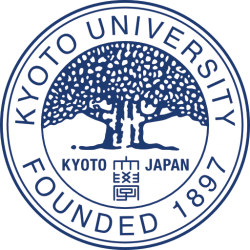Teacher: Milos DEBNAR
Course Code: JK38007
This course aims to introduce key issues related to contemporary migration to Japan and integration of migrants.
Demographic prognosis and increasing globalization of Japan clearly suggest that accepting higher number of immigrants should be one of priorities for policy makers. While Japan is still opposed to open door policy especially towards low-skilled migrants, the numbers of foreign nationals living in Japan has been steadily increasing since 1990s. What are the factors behind this increase? Where these migrants come from and how are they being integrated into Japanese society? What are the factors inhibiting more open-door
policies and integration? What are the problems migrants face in Japan?
This course will provide students with a better understanding of contemporary migration to Japan and provide them with conceptual and theoretical tools to explain it. It will address the issues related to migrants, their integration into the fabrics of the Japanese society and perceptions, as well as a detailed overview of diverse patterns/forms of contemporary migration patterns since 1990s.
Course Information
Module: Research and Advanced Studies
CATS Requirements: BA 3rd. year or above
Day/Period: Mon/ 4
Location: Sem. 3
Credits: 2
Course Goals
Upon finishing this course, students should be able to understand current migration trends and issues in Japan.
Students should be also able to understand these trends in the wider context of the Japanese society.
Moreover, upon finishing the course students should understand theories and concepts that explain contemporary migration and integration, particularly in the context of Japan and Asia.
Course Schedule and Evaluation
For a detailed course schedule, please visit KULASIS.
Attendance and active class participation (30%) – Active participation and regular attendance of class meetings are required for completing the course. Students are required to come prepared for classes and active participation in class and discussion are an essential part of the course.
Reading summaries (30%) – Each student will be required to prepare a brief summary of reading assignment and present it twice during the semester.
Final paper (40%) – Students are required to submit a final paper on a topic of their interest that is related to migration, or integration in Japan. Papers should utilize concepts, ideas and data discussed during the classes or in other relevant sources.


